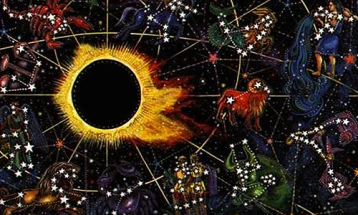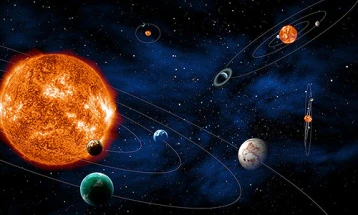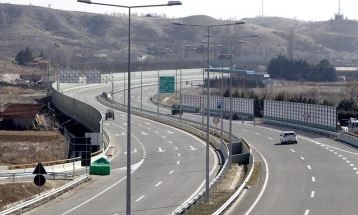Today in history
- 1000 – The foundation of the Hungarian state by Saint Stephen. Today celebrated as a National Day in Hungary.

20 August 2023 (MIA)
1000 – The foundation of the Hungarian state by Saint Stephen. Today celebrated as a National Day in Hungary.
1083 – Canonization of the first King of Hungary, Saint Stephen and his son Saint Emeric.
1775 – The Spanish establish a presidio (fort) in the town that became Tucson, Arizona.
1858 – Charles Darwin first publishes his theory of evolution in The Journal of the Proceedings of the Linnean Society of London, alongside Alfred Russel Wallace’s same theory.
1866 – President Andrew Johnson formally declares the American Civil War over.
1882 – Peter Ilyich Tchaikovsky’s 1812 Overture debuts in Moscow.
1914 – World War I: German forces occupy Brussels.
1940 – In Mexico City exiled Russian revolutionary Leon Trotsky is fatally wounded with an ice axe by Ramon Mercader. He dies the next day.
1944 – WWII: 168 captured allied airmen, accused of being “terror fliers”, arrive at Buchenwald concentration camp.
1944 – WWII: the Battle of Romania begins with a major Soviet offensive.
1953 – The Soviet Union publicly acknowledges that it had tested a hydrogen bomb.
1955 – In Morocco, a force of Berbers from the Atlas Mountains region of Algeria raid two rural settlements and kill 77 French nationals.
1960 – Senegal breaks from the Mali federation, declaring its independence.
1968 – 200,000 Warsaw Pact troops and 5,000 tanks invade Czechoslovakia to end the “Prague Spring” of political liberalization.
1969 – Macedonia’s capital Skopje hosts the first World’s Caricature Exhibit, titled Peace, Solidarity, Humanity. The event presented 146 authors from 33 countries.
1975 – Viking Program: NASA launches the Viking 1 planetary probe toward Mars.
1977 – Voyager Program: NASA launches the Voyager 2 spacecraft.
1979 – The East Coast Main Line rail route between England and Scotland is restored when the Penmanshiel Diversion opens.
1982 – Lebanese Civil War: a multinational force lands in Beirut to oversee the PLO’s withdrawal from Lebanon.
1988 – Iran–Iraq War: a cease-fire is agreed after almost eight years of war.
1989 – The pleasure boat Marchioness sinks on the River Thames following a collision, 51 people are killed.
1991 – Collapse of the Soviet Union, August Coup: more than 100,000 people rally outside the Soviet Union’s parliament building protesting the coup aiming to depose President Mikhail Gorbachev.
1991 – Estonia secedes from the Soviet Union.
1993 – After rounds of secret negotiations in Norway, the Oslo Peace Accords are signed, followed by a public ceremony in Washington, D.C. the following month.
1997 – Souhane massacre in Algeria; over 60 people are killed and 15 kidnapped.
1998 – The Supreme Court of Canada rules that Quebec cannot legally secede from Canada without the federal government’s approval.
1998 – U.S. embassy bombings: the United States military launches cruise missile attacks against alleged al-Qaida camps in Afghanistan and a suspected chemical plant in Sudan in retaliation for the August 7 bombings of American embassies in Kenya and Tanzania.
2002 – A group of Iraqis opposed to the regime of Saddam Hussein take over the Iraqi Embassy in Berlin for five hours before releasing their hostages and surrendering.
2008 – Spanair Flight 5022, from Madrid to Gran Canaria, skids off the runway and crashes at Barajas Airport. 146 people are killed in the crash, 8 more die afterwards. Only 18 people survive.
2012 – A prison riot in the Venezuelan capital, Caracas, kills at least 20 people.
2014 – Seventy-two people are killed in Japan’s Hiroshima Prefecture by a series of landslides caused by a month’s worth of rain that fell in one day.







